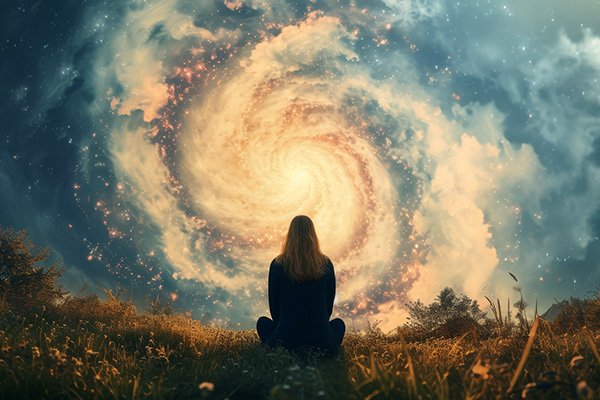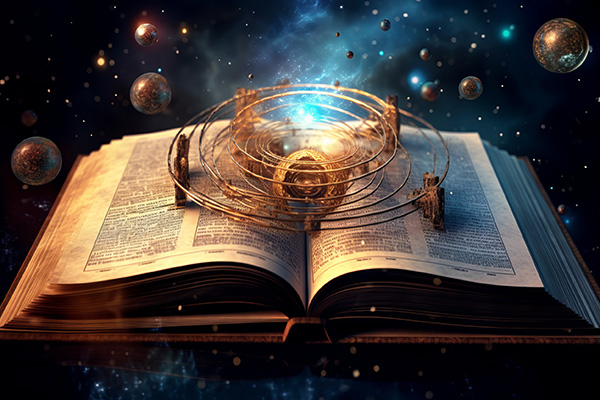law of rhythm
Holding On To What Never Changes
 Nature always inspires deep thoughts in me. There’s something about pausing to watch the wind rustle through the trees or to see the sun gently filter through the clouds that invites stillness and reflection.
Nature always inspires deep thoughts in me. There’s something about pausing to watch the wind rustle through the trees or to see the sun gently filter through the clouds that invites stillness and reflection.
Today, I found myself contemplating the constantly changing seasons. In the Northern Hemisphere, we are a month away from the summer solstice, and the days are becoming increasingly long and warm with golden light. The trees are lush and full, the air hums with the sound of insects, and gardens overflow with life.
Change is everywhere. It’s evident in the ripening of fruit, the intense afternoon heat, and the subtle shift in the season’s energy toward harvest.
It’s not just nature, either. Our lives are constantly evolving, too. Relationships shift, careers transition, health fluctuates, and dreams reshape themselves over time.
No matter where we turn, we hear messages such as “Change is inevitable,” and “Don’t be afraid of change.”
Yes, change is necessary. As spiritual beings, we are meant to continually grow and evolve. Change challenges us, stretches us, and teaches us.
But let’s be honest — sometimes it’s also deeply unsettling. This is especially true in times like these, when the world feels uncertain, divided, and fragile.
12 Universal Spiritual Laws You Need To Know
 Most spiritual seekers today are familiar with the universal Law of Attraction. But did you know that there are several other universal spiritual laws that govern our existence?
Most spiritual seekers today are familiar with the universal Law of Attraction. But did you know that there are several other universal spiritual laws that govern our existence?
The origins of our understanding of the universal spiritual laws are deeply rooted in various religious and philosophical traditions, as well as in the collective wisdom of human experience since the dawn of time.
Many of these spiritual laws are rooted in ancient wisdom traditions from around the world. These traditions evolved over thousands of years as sages, scholars, and spiritual leaders refined and elaborated upon the fundamental principles that govern all existence.
Mystical traditions within various religions have also played an important role in the development and interpretation of these spiritual laws. Mystics tend to explore the deeper, esoteric aspects of their faith, seeking direct experience of divine truths. Their insights and revelations have contributed to a deeper understanding of spiritual principles beyond literal interpretations of religious texts.
Philosophical traditions in ancient Greece, China, and other civilizations also contributed to the development of spiritual principles that later evolved into universal laws. Thinkers such as Plato, Aristotle, Confucius, and Laozi explored concepts related to ethics, metaphysics, and the nature of reality that influenced later spiritual teachings.